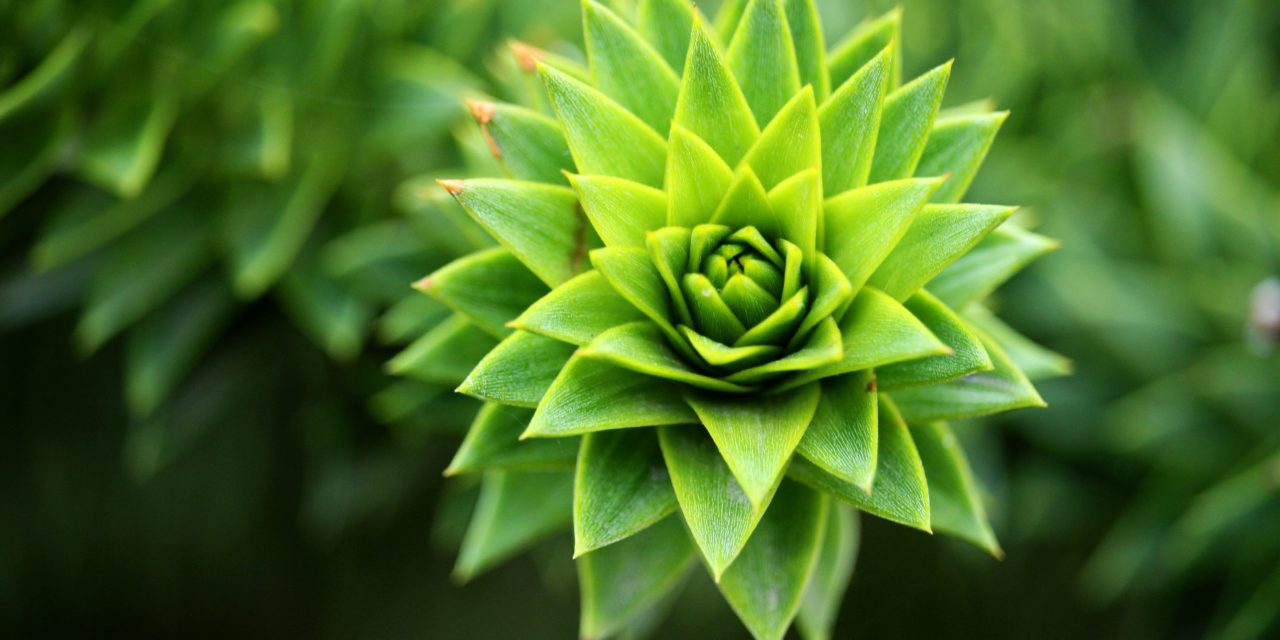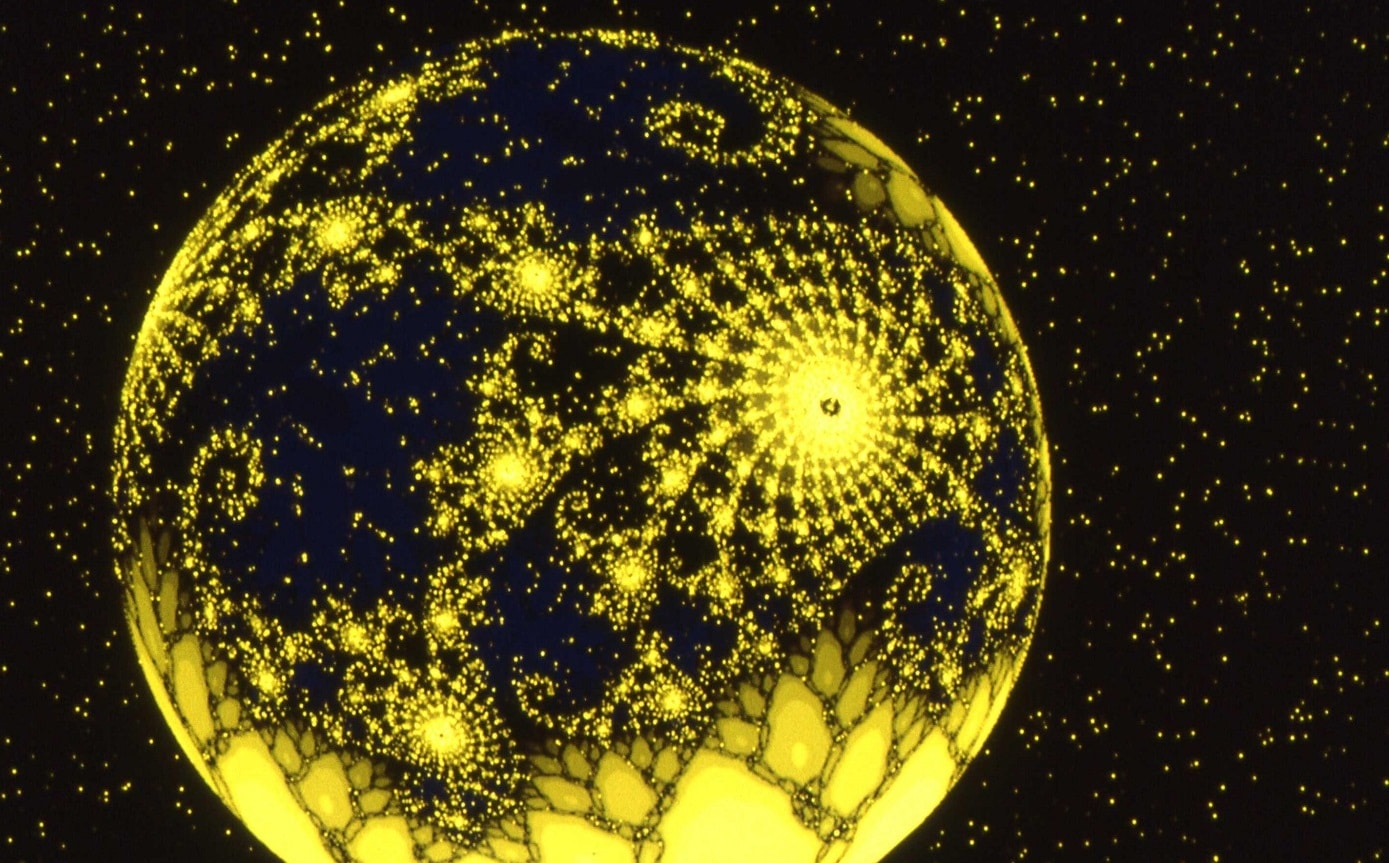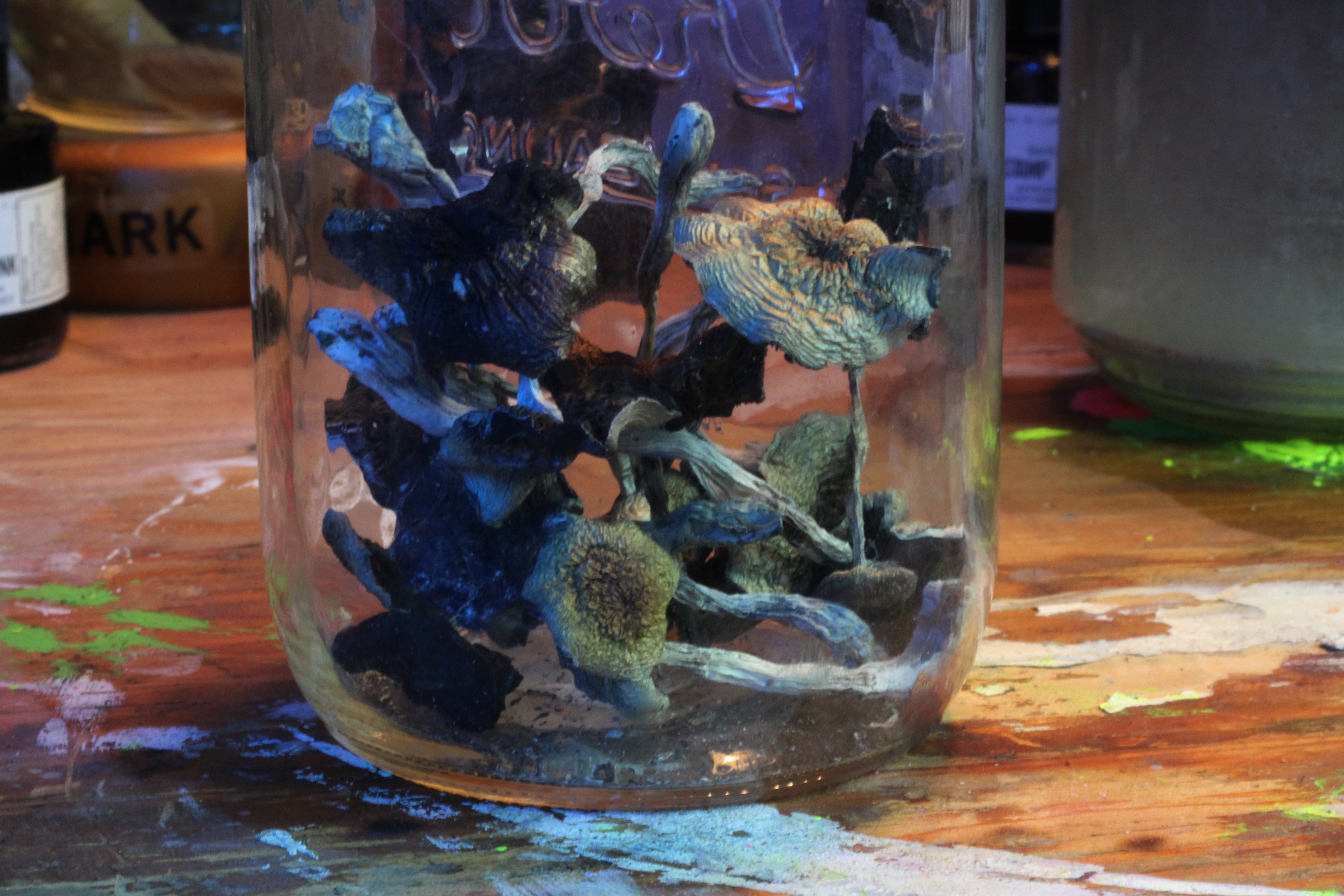
(Photo: Pixabay)
There may be some truth to the psychedelic-munching, tree-hugging hippie stereotype, according to a new study in the Journal of Psychopharmacology. By looking at nearly 1,500 people who have tried LSD, mescaline and psilocybin, researchers found an increased interest in progressive environmental practices such as recycling and concern about climate change.
In other words, maybe taking acid can make you appreciate Mother Nature more. Two researchers—one from Yale University, the other from University of Innsbruck in Austria—found that “there is an empirical connection from psychedelics to experiencing unity and connection with one’s environment to empathy-related phenomena and pro-environmental behavior.”
We’ll get into that, but first a little history:
Ritual psychedelic use among indigenous people has occurred for more than 5,000 years, predating all major religions. According to this study, cultures that “anthropomorphize natural elements in their religious beliefs indeed engage in more pro-environmental behavior than do neighboring cultures that do not share such an animist belief system.”
In other words, cultures that worship animals or nature are more likely to love nature and also use psychedelics. To demonstrate this, these researchers surveyed 1,487 people from Amazon’s Mechanical Turk website (which gives the study some bias, but not much as MT’s are generally pretty diverse.)
They were asked about four different classes of substances: classical psychedelics (including tryptamines and phenethylamines such as LSD, DMT and psilocybin), dissociative anesthetics (such as ketamine or PCP), and empathogens (such as MDMA or MDA). At first, they included natural deliriants like datura or mandrake, which were later dropped because too few people have tried them.
Subjects also filled out a scale asking how often they recycle or engage in various “pro-environmental actions.” Then, they took a Nature Relatedness Questionnaire, which assesses someone’s love for the great outdoors by including statements like “My ideal vacation spot would be a remote, wilderness area” or “Animals, birds and plants should have fewer rights than humans.”
One of the findings, independent of political views or personality traits, was “participants who had more experience with classic psychedelics were more inclined to see nature as a part of their selves, and had a greater propensity to enjoy being in a natural environment.” In other words, the more acid you drop, the more you’ll dig the Grand Canyon, and the more you’ll care about protecting natural resources—even if you identify as conservative, etc.
These findings weren’t the same for substances like MDMA or ketamine—mostly just LSD, magic mushrooms or other “classical” psychedelics. This should come as little surprise: already cannabis has been described as a ‘gateway to nature’ rather than a gateway to other drugs. When using psychedelics, the line between self and environment is blurred, caused by increased connectivity in the default mode network, an interconnected matrix of brain regions.
Of course, any correlation design comes with some caveats. For example, these surveys are self-reported—so the respondents could be lying about how much they recycle. It is pretty difficult to track someone’s ecological behavior.
Also, as the researchers wrote, “it may equally be the case that people who feel greater nature relatedness have a greater propensity to take psychedelic drugs.”
While they can’t rule that out entirely, the researchers did not find a strong link for this when controlling for other factors. Furthermore, they found “it is unlikely that the association we found can be entirely explained by a collection of personality traits stereotypically associated with psychedelic users (e.g. being of the ‘hippie’ type).”
So, not everyone who takes shrooms is a hippie—however, it does seem that taking psychedelics will increase behavior, such as energy consumption and waste management, that is beneficial to the planet. And the more you take, the more you’ll feel this way.
Now, bear in mind that the researchers don’t outright advocate taking ayahuasca to save the planet—that would be irresponsible of them. But they do call for more research in this area, to explore more of the positive benefits (and low negative aspects) of using psychedelics in general.
“At a time when the ‘warming of the climate system is unequivocal’ and the ‘human influence on the climate system is clear,’ behaviors aimed at the protection of our environment are undeniably crucial,” the researchers wrote, adding, “In light of these findings, the present results once more raise the question whether a continuing prohibition of these experiences is indeed a worthwhile pursuit.”










